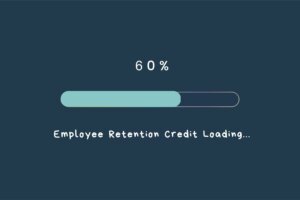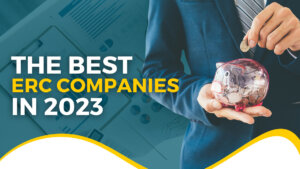A few months ago I received an inquiry from one of the national development publications. The writer was preparing to do a piece profiling some “…smart, brave organizations that have dispensed with a fundraising convention – tradition, “best practice”, sacred cow, what have you – and have been the better for it.
One of those conventions – practices or policies that groups do year after year just because that’s how it’s been done — is employing a formal or informal give-get type policy with their boards. I am hoping you might be able to point me to some examples where a nonprofit reconsidered its give-get policy. Do you know of a group that has dropped or changed theirs in recent years in favor of engaging their board in different ways?
==================
My immediate, almost knee-jerk response was that, “I hope the focus of the piece is on identifying the need and making “changes (only) if changes were warranted,” and that the piece encourages organizations to do serious evaluations on which to base their need for change !!”
My extended response was that “I must comment/observe that there seems to be a major bias against the Give-And-Get requirement, and I hope that there is not going to be a piece in your publication condemning the practice.
That you are looking for “smart/brave organizations” that have done away with G&G, that in the context of your question you labeled G&G “tradition, ‘best practice,’ sacred cow,” that “doing something the way it’s been done is counterproductive, all suggests that you are looking for information that will support that opinion … as opposed to writing a piece that might raise a question and suggest various answers.
In essence, the value/correctness of G&G, like any non-profit practice/activity, depends on the organization and circumstances.
I have, indeed, written a lot about what to do when G&G doesn’t/won’t/can’t work … for whatever reason; but, I’ve never dismissed the practice.
There are boards/organizations/leaderships/circumstances where G&G not only works, but works well.
Give-and-Get is an ideal — the idea that board members set an example by their giving, that they demonstrate their commitment, and that they share their passion with others … and get others to give.
Board members that don’t support their organizations (to whatever extent they are capable) and don’t “encourage” others to support those organizations (to whatever extent they are capable) send the wrong message to the “community.”
After all, if board members won’t support their own organizations — financially and/or passionately, why should anyone else ??
Almost immediately, I got a response to my note:
Surely conventional wisdom is sometimes – if not often — wise. The focus on the proposed article is to look at nonprofits that critically examine conventional wisdom (or, more directly, fundraising practices they’ve been doing year after year simply because that’s how they’ve always done it) and bravely, in their particular circumstances, made changes if changes were warranted.
I was reassured/relieved !!
=-=-=-=-=-=-=-=-=-=-=-=-=-=
Have you heard about
The Fundraising Series of ebooks?
They’re easy to read, to the point, and inexpensive ($1.99-$4.99)
This posting is a sample of what’s addressed in the series.
=-=-=-=-=-=-=-=-=-=-=-=-=-=
Have a comment or a question about starting, evaluating
or expanding your fundraising program?
AskHank
=-=-=-=-=-=-=-=-=-=-=-=-=-=
We’ve been posting these pieces for the last five years,
and we welcome your questions/problems.
They are likely to engender further discussion.
Look forward to hearing from you.
Comments & Questions
=-=-=-=-=-=-=-=-=-=-=-=-=-=
If you’re reading this on-line, and would like to comment/expand on the above piece, or would just like to offer your thoughts on the subject of this posting, we encourage you to “Leave a Reply.” If you’re reading this as an email, and you want to comment on the above piece, email Comments to offer your thoughts. Your comments, with appropriate attribution, could be the basis of a new posting.
 Sections of this topic
Sections of this topic
















